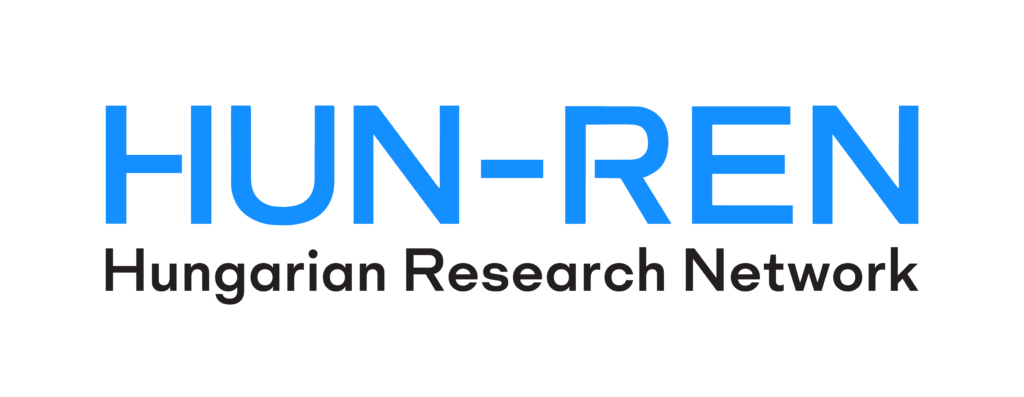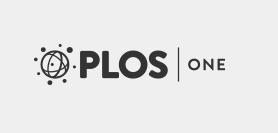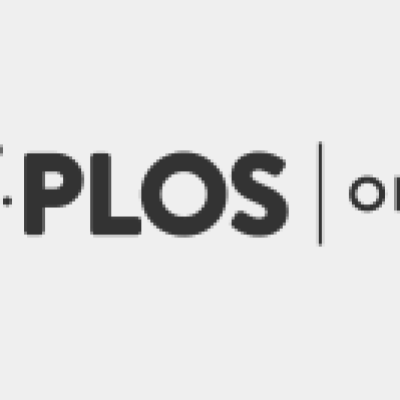Horn Dániel tudományos főmunkatárs és Kiss Hubert János tudományos főmunkatárs közös cikke a PLoS ONE folyóiratban:
Horn D, Kiss HJ (2018)
Which preferences associate with school performance?—Lessons from an exploratory study with university students.
PLoS ONE
13(2): e0190163. https://doi.org/10.1371/journal.pone.0190163
Abstract
Success in life is determined to a large extent by school performance so it is important to understand the effect of the factors that influence it. In this exploratory study, in addition to cognitive abilities, we attempt to link measures of preferences with outcomes of school performance. We measured in an incentivized way risk, time, social and competitive preferences and cognitive abilities of university students to look for associations between these measures and two important academic outcome measures: exam results and GPA. We find consistently that cognitive abilities (proxied by the Cognitive Reflection Test) are very well correlated with school performance. Regarding non-cognitive skills, we report suggestive evidence for many of our measured preferences. We used two alternative measures of time preference: patience and present bias. Present bias explains exam grades better, while patience explains GPA relatively better. Both measures of time preferences have a non-linear relation to school performance. Competitiveness matters, as students, who opt for a more competitive payment scheme in our experimental task have a higher average GPA. We observe also that risk-averse students perform a little better than more risk-tolerant students. That makes sense in case of multiple choice exams, because more risk-tolerant students may want to try to pass the exam less prepared, as the possibility of passing an exam just by chance is not zero. Finally, we have also detected that cooperative preferences—the amount of money offered in a public good game—associates strongly with GPA in a non-linear way. Students who offered around half of their possible amounts had significantly higher GPAs than those, who offered none or all their money.



